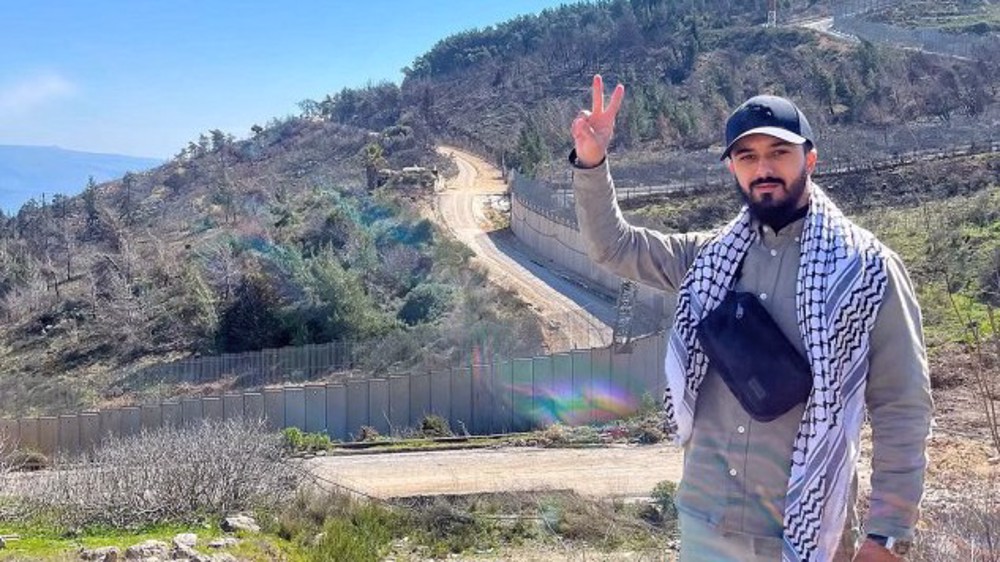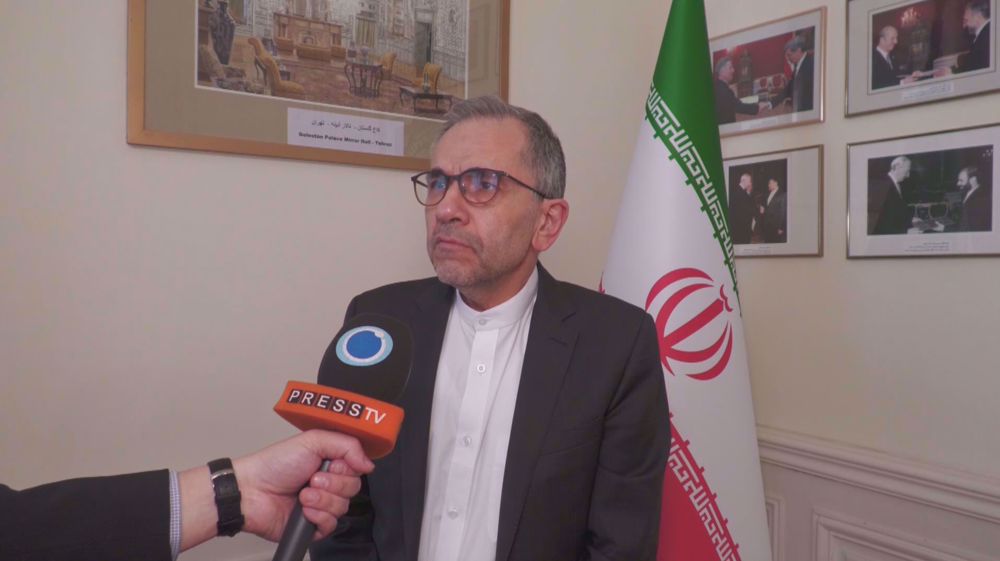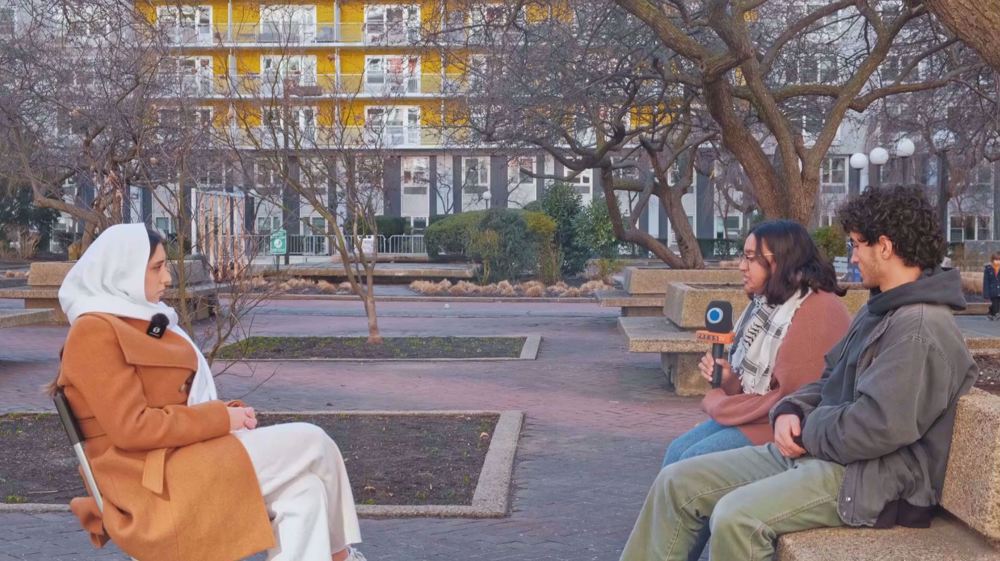Diyarbakir blast makes Turkey more decisive in crackdown on Kurds: Patriotic Party
A deadly blast in the center of Turkey’s southeastern city of Diyarbakir has killed at least eight people. The Friday morning attack took place near a police station, where pro-Kurdish lawmakers were arrested hours earlier. The Turkish security forces detained two co-leaders of the Peoples’ Democratic Party (HDP) along with a number of other lawmakers from the second-biggest opposition bloc in the parliament.
The latest terrorist attack in Diyarbakir seems to be “an answer to the arrest of the HDP lawmakers," Yunus Soner, the deputy chairman of the Turkish Patriotic Party told Press TV on Friday.
The attack makes Turkey pursue a “more decisive” fight against the HDP and the Kurdistan Workers’ Party (PKK)," he said, adding, "This will lead to further regional cooperation against these US-supported groups.”
He noted that the HDP has introduced itself “as the mediator between the Ankara government and the PKK,” but the party leaders and its members of parliament are actually chosen by the PKK.
Soner added that there is no violation of human rights in arresting the HDP figures, because “it is unacceptable that the political party and its members... participate in the funerals of the PKK terrorists and publicly making propaganda in favor of an armed group supported by the US.”
He ruled out the West’s hue and cry over Turkey’s crackdown on the Kurds, saying “I don’t see a general repression against the Kurdish population. This is an American talk.”
Soner also stressed that terrorist attacks in Turkey “will lead to further regional cooperation against these US-supported groups,” adding that unofficial talks between Ankara and Damascus have started to target Syria's Kurdish Democratic Union Party (PYD), which is affiliated to the PKK.
The analyst further called for more cooperation between Tehran, Damascus, Baghdad and Ankara to fight the PKK and its affiliated groups, because, he said, the PKK terrorism “is a regional problem and its solution is in regional cooperation.”
Tensions have been running high in Turkey’s Kurdish-dominated southeast since a ceasefire declared by the PKK collapsed in 2015 in the wake of Ankara’s military operations against the Kurdish group’s positions inside the country and in northern Iraq.

Shahin Hazamy arrested primarily for his viral pro-Palestine social media posts: Filmmaker

Press TV interviews Iran deputy FM on nuclear program, sanctions relief

The price we paid for freedom
Iran’s Razi Institute delivers first oral polio vaccine shipment to Venezuela
VIDEO | Israel's genocide tourism
Alone under Israeli siege: Gaza woman buries husband with bare hands
Aid ship to set sail for Gaza despite drone attack on similar mission
Role of new Iran-China rail line in global order
Brazilian oil unions demand energy embargo on Israel over Gaza genocide
One killed in Israeli drone strike on south Lebanon
Iran’s nuclear issue proceeding on principle of ‘renouncing domination’: Araghchi










 This makes it easy to access the Press TV website
This makes it easy to access the Press TV website